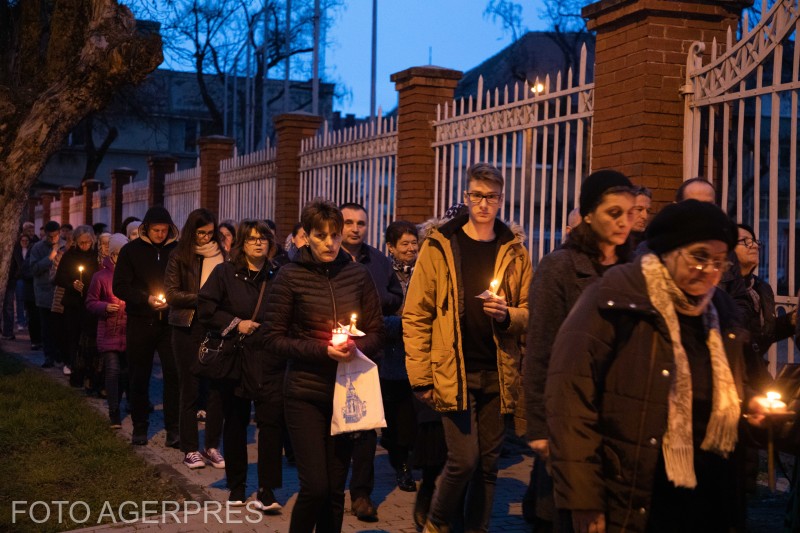Parliamentary elections: mandates to be distributed
The procedures for the establishment of the new Parliament in Bucharest are underway.

Bogdan Matei, 04.12.2024, 14:00
The new bicameral Legislature of Romania, resulted after the December 1 elections, is about to clarify its structure. 331 deputy and 136 senator mandates were at stake. Proportional to the number of votes received, the Social Democratic Party (PSD), number one in the current Government, is to have 86 deputies and 36 senators. The Alliance for the Union of Romanians (AUR) (nationalist opposition) will have 63 deputies and 28 senators, double the mandates won four years ago. The National Liberal Party (PNL), in the governing coalition with the Social Democrats has 49 deputies and 22 senators and the Save Romania Union (USR), in opposition, has 40 deputies and 19 senators. The Romanian Parliament will include, for the first time, deputies and senators from two populist parties, which crossed the electoral threshold of 5%. S.O.S. Romania will have 28 deputies and 12 senators, and the Young People’s Party (POT) will have 24 deputies and 9 senators. Uninterruptedly present, since 1990, in the post-communist Romanian Legislature, the Demcoratic Union of Ethnic Hungarians in Romania (UDMR) now has 22 deputies and 10 senators. Ethnic minorities, other than the Hungarian one, remain practically ex officio represented in the Chamber of Deputies by 19 politicians, one for each ethnic community.
As an anecdotal detail, the president of the Permanent Electoral Authority, Toni Greblă, stated that, if at the redistribution of Sunday’s votes, the Young People’s Party got one more mandate, it would be drawn by lots from among all the other parties that entered Parliament, because the new party did not appoint enough candidates. All in all, the press writes, there are seven parliamentary parties, none holding a very large share and many incompatible with each other. It is a more fragmented Parliament than at any time in the last two decades, so it is going to be difficult to obtain a functional governmental majority. Without paying much attention to the nuances that differentiate them, the press gathers AUR, S.O.S. and POT under the general label of “sovereigntist pole” and predicts that it is highly unlikely that any of them will be co-opted into a government coalition.
There remain, with a share of about 60% in Parliament, the avowed pro-European parties. Elementary arithmetic would argue for a broad PSD-PNL-USR-UDMR-minorities coalition. But their differences are harder to overcome. After governing together for three years, in the name of stability and curbing extremism, the social democrats and liberals fiercely attacked each other in the election campaign and now it seems that they can’t stand each other anymore. In almost a decade, USR and PSD have accumulated a lot of resentment and malice. And UDMR is very annoyed by a USR bill regarding the administrative reorganization of the country, which would diminish the Hungarians’ political influence in the territory. Now, everyone seems to be waiting for the decisive round of the presidential election, which, on Sunday, December 8, will pit the independent Călin Georgescu against the head of USR, Elena Lasconi. According to the Constitution, the head of state is the one who appoints the future prime minister. (LS)






























